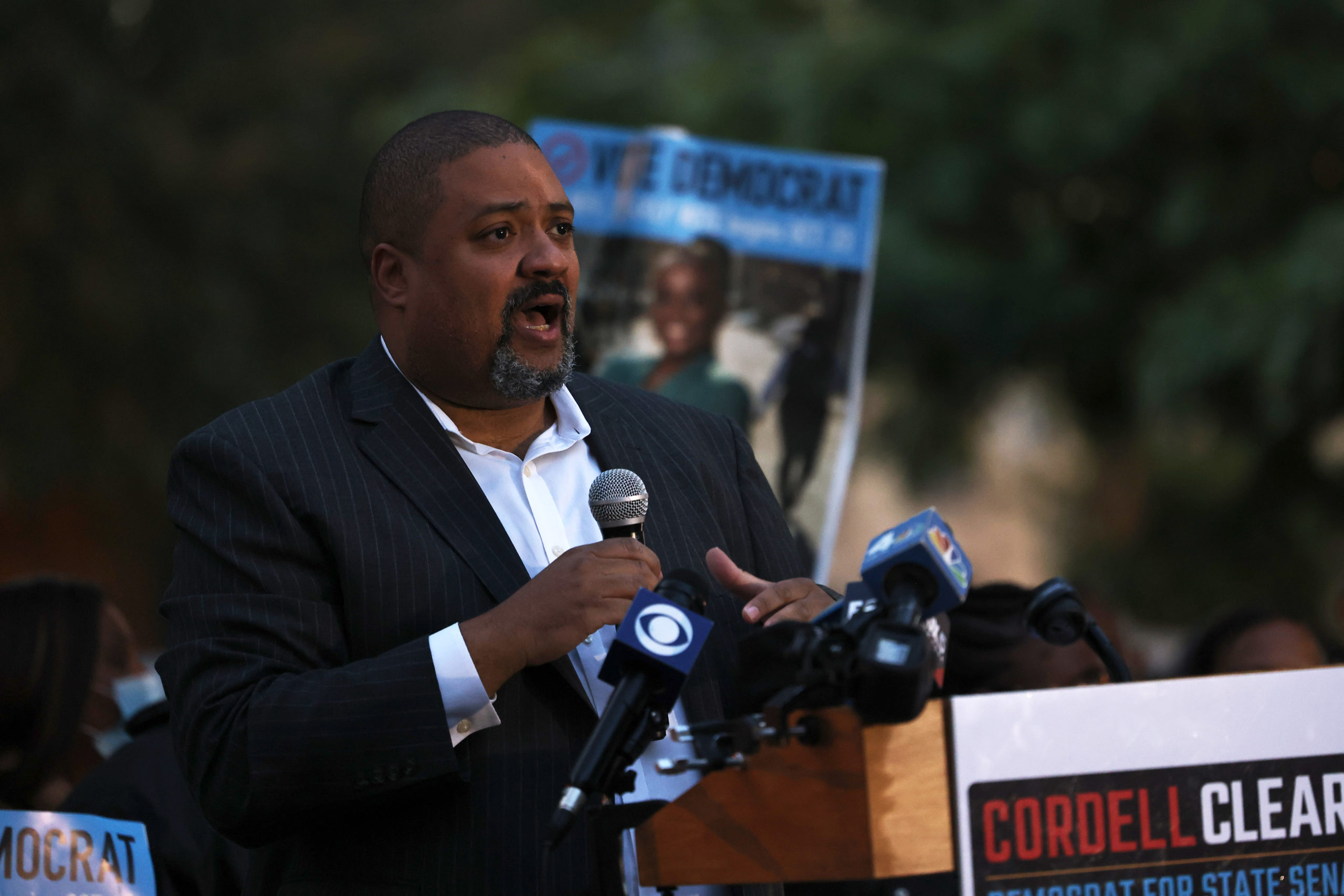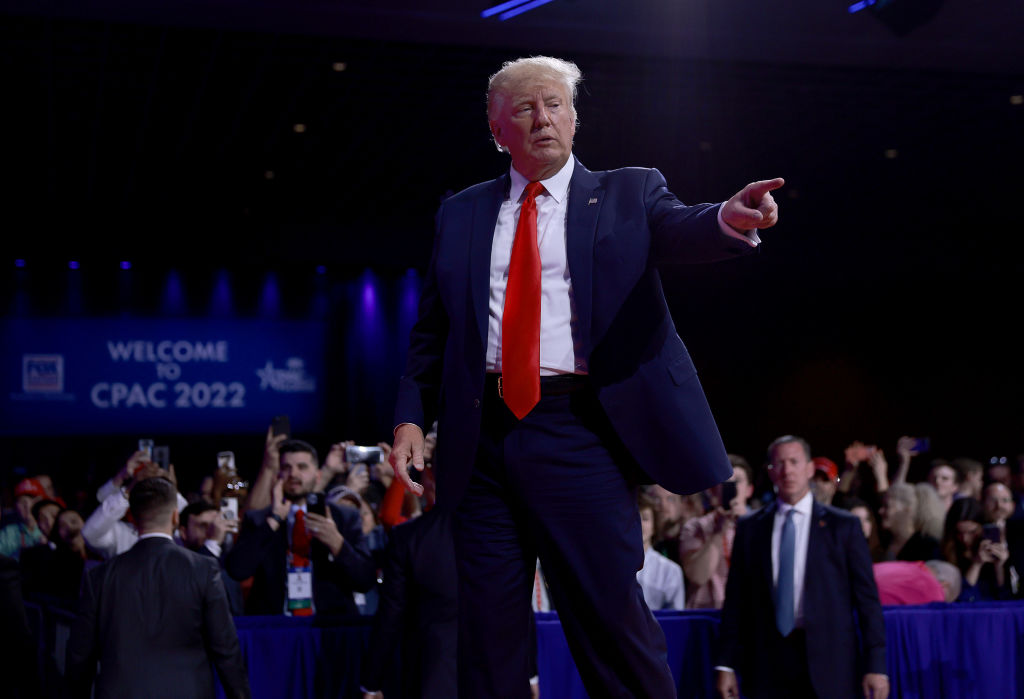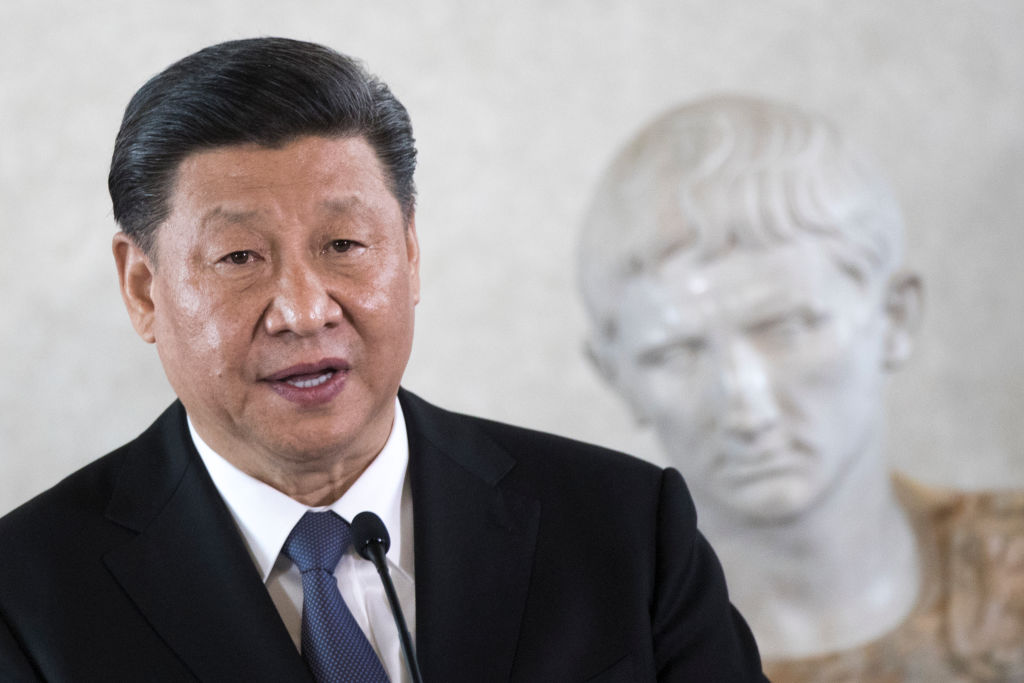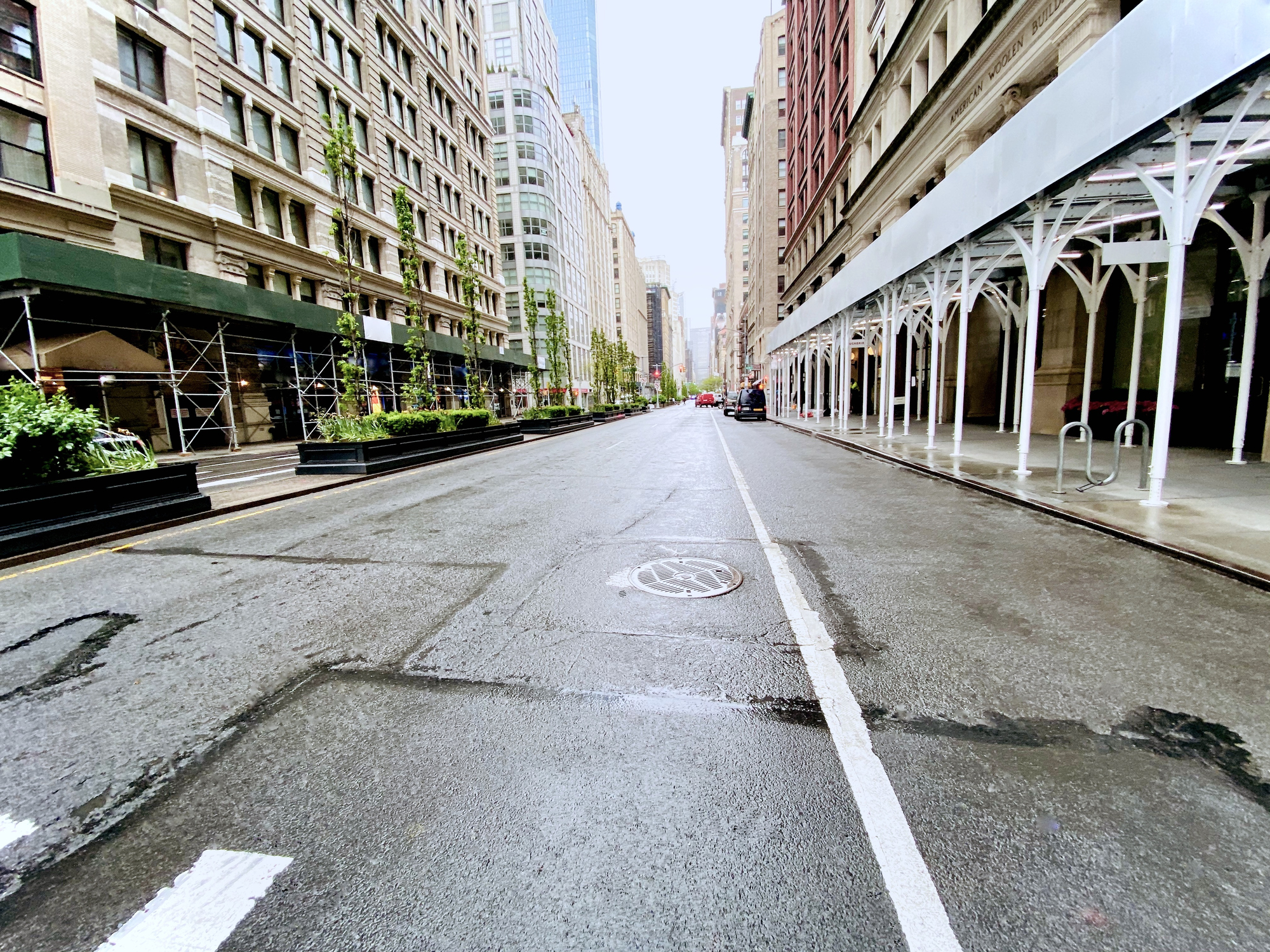We are still in need of the qualities of great leadership.
Walking the Progressive Walk

Alvin Bragg, the new district attorney for Manhattan, promised to pursue a radical vision of criminal justice. In his campaign he vowed to adopt a “presumption of non-incarceration” for pretrial detention, except in cases of rape or murder. His presumption that people should not go to prison was also applied to his philosophy of sentencing the guilty, except for convictions for rape, murder, or public corruption. Who needs public defenders when you’ve got the prosecutor doing their job?
The impact of the new DA’s plans didn’t hit New Yorkers until he was actually sworn in and began to implement his promises. With crime continuing to soar, there was a mild degree of outrage about Bragg’s intentions, though he had always been quite clear about his plans; it’s just that no one was paying attention, or they assumed he wasn’t serious.
Bragg was caught up short by the anger and relented on a few points. For instance, he agreed to prosecute people committing armed robbery with guns with felony charges, even if they happened not to shoot anyone. This concession to the principle of just consequences for one’s actions did not satisfy his most extreme critics, but news coverage moved on to other topics.
Last week, however, Bragg was again in the spotlight, this time for refusing to pursue prosecution of a particularly high-profile case that had received national attention, and which many powerful people were eager to see resolved with a stiff punishment. The state-level criminal fraud case against Donald Trump, upon which his most devout enemies had pinned the last of their hopes of seeing the former president bankrupted, humiliated, and imprisoned, suffered a major setback when Bragg signaled his evident lack of interest in pursuing it. As a result, the two prominent litigators who had essentially come out of retirement to cap their distinguished careers by nailing the beast of Mar-a-Lago resigned from the D.A.’s office.
The anti-Trump movement—consisting of the DNC donor class, Hillary Clinton diehards, and other proponents of #Resistance—was aghast, and immediately began to speculate that Bragg had been bought off, or perhaps was working for Trump and his handler Putin all along.
The case against Trump that Bragg inherited is tendentious. It involves claims that Trump intentionally mislead his lenders—well before he entered politics—about the value of certain properties that he was using as collateral for loans, and about his net worth in general. As part of the investigation, Trump’s former CFO Allen Weisselberg was indicted for not reporting his use of car services paid by the Trump Organization as part of his salary, and thus avoiding income taxes.
These are the kinds of charges that are almost never pursued at the state or local level, and when noted, are usually dealt with through fines. It is noteworthy that the lenders whom Trump supposedly defrauded did not instigate the case against him; it all grew out of prosecutors digging through business records. Moreover, the alleged crimes took place many years ago, and were unnoticed until Trump emerged as a political enemy. If he had never become president, the New York State Democratic establishment would never have bothered searching for crimes with which to charge him. In other contexts, this is known as prosecutorial overreach or political persecution, which doesn’t seem to bother anyone in power in New York State.
While running for office, Alvin Bragg indicated that he was in favor of pursuing charges against Trump. But apparently, he changed his mind once he took a look at what was at stake: devoting limited resources to a flimsy prosecution that was unlikely to amount to much besides harassing the enemy of people who believe that Hillary Clinton was robbed of her rightful seat.
It seems that Bragg really believes that he was elected to do what he said he intended to do, which is essentially to keep nonwhites out of jail by reducing charges and seeking “restorative justice” dispositions for as many cases as possible. Going after Trump was never a major priority for him, whereas for elite donor types it is the only priority. We may be in the rare presence of a Progressive elected official who is also not a hypocrite.
The American Mind presents a range of perspectives. Views are writers’ own and do not necessarily represent those of The Claremont Institute.
The American Mind is a publication of the Claremont Institute, a non-profit 501(c)(3) organization, dedicated to restoring the principles of the American Founding to their rightful, preeminent authority in our national life. Interested in supporting our work? Gifts to the Claremont Institute are tax-deductible.
Taiwan, Xi Jinping, and America’s year of danger
There is no moral equivalence between Ukraine and Russia, but neither country is Nazi Germany.
Understanding our longstanding confusion
The societal effects of the pandemic will remain with us.





